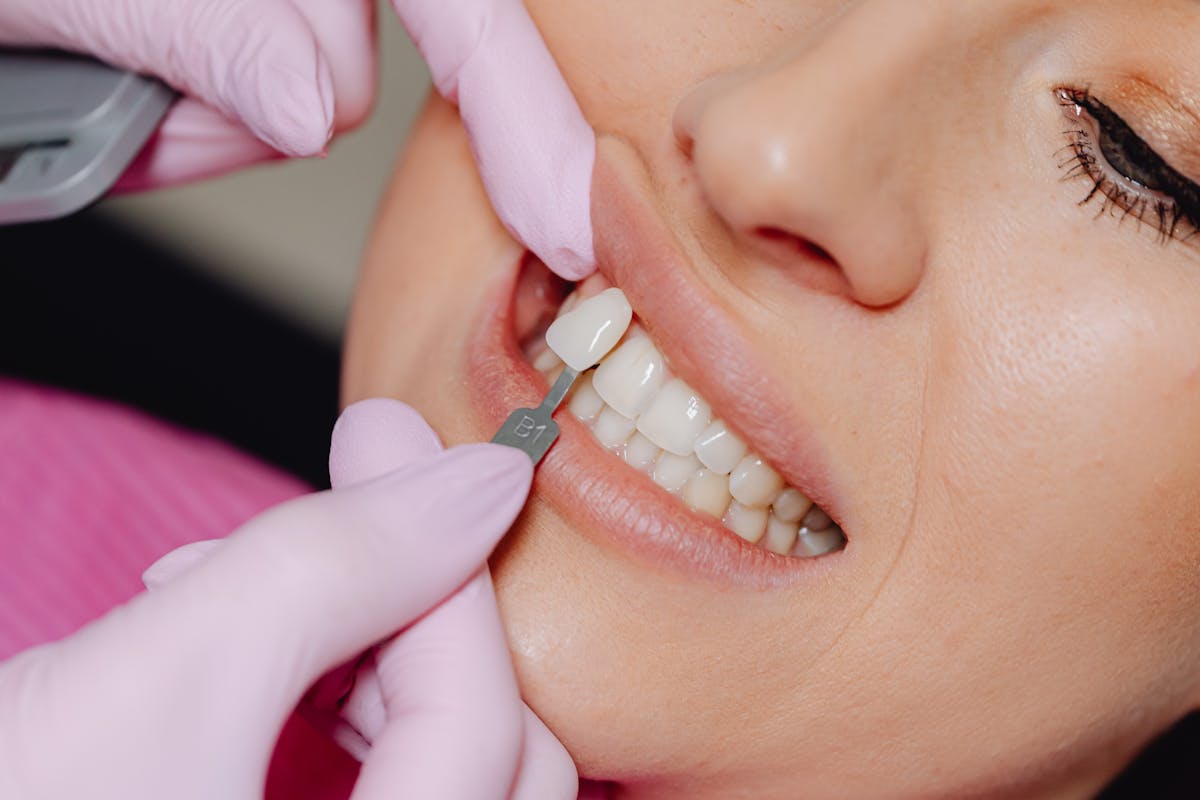Listener’s Guide to Preventing Hearing Loss

Part of getting older is experiencing a loss in certain senses, such as sight and smell. Ear nose and throat problems also become more common as you age. Some of these are unpreventable, but when it comes to hearing loss, there are several precautions you can take to minimize your risk of experiencing hearing loss and other common ENT problems as you age. Here are some simple techniques you can practice daily to keep your ears as sharp as possible.
First, consider your environment. If you work around loud equipment or machinery, it’s important to invest in some kind of noise protection. Earplugs work, but for advanced protection, opt for a noise canceling headset. These are great even for doing work around the house, such as mowing the lawn or using a snow blower.
Next, keep your ears in mind next time you attend a large concert or sporting event. These events can often be so loud that you can’t even hear yourself think. Bring some sort of earplugs or noise canceling headset to minimize the risk of hearing loss and tinnitus. This is especially important if you go to these types of events frequently.
Even if you’re not at a loud concert, you may still get the urge to listen to loud music. While it’s tempting to put on your iPod at full blast and tune out the world, try to listen in moderation and follow the 60/60 rule: 60 minutes of listening per day at 60% of the full volume. It’s not recommended to listen to music while you’re working with loud equipment, either. The average lawn mower operates at 90 decibels, and by blasting loud music on top of that, you’re causing permanent damage to your ear drums.
One little-known fact when it comes to hearing loss is that it can be caused by Aspirin. Aspirin is an ototoxic medicine, meaning it can damage your ears if taken too frequently. Limit your intake, especially if you already have a history of ear or hearing problems. Many other medications are ototoxic as well, so do your research and try to avoid them if possible.
Finally, avoiding ear infections and other ear ailments can save your ears from damage in the long run. Sinus infections, congenital abnormalities of the ear, adenoiditis and adenoid hypertrophy problems can all be factors when it comes to hearing loss.
Hearing loss isn’t completely preventable, but you do have quite a bit of control over how you want to protect yourself. If worse comes to worse, surgery is always an option, but surgeries that involve repair of the eardrum generally have a success rate of 85-90%. Don’t hesitate to ask your doctor about other potential causes of hearing loss and assess your risk.

